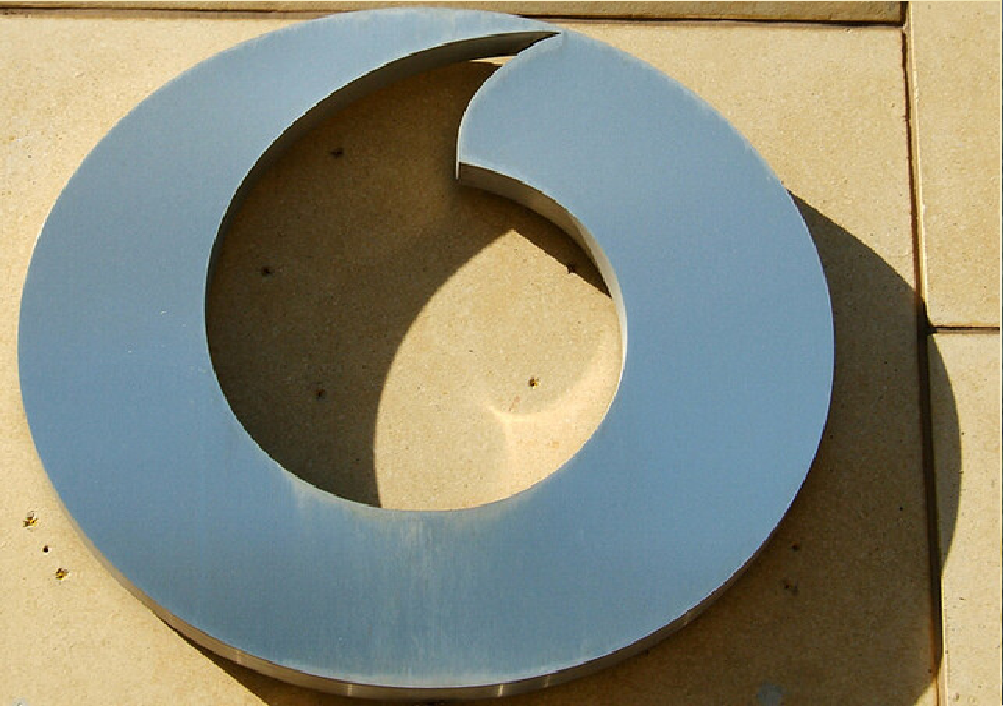India challenges Vodafone arbitration award, plans the same in Cairn case

New Delhi, December 24: India has challenged the Vodafone arbitration ruling in Singapore appeals court over a Rs 22,100 crore retrospective tax demand, on the grounds of sovereignty. The appeal was filed close to the 90-day deadline ended on Wednesday.
British telecom major Vodafone had won an international arbitration at The Hague against India in September, which invoked the India-Netherlands bilateral investment treaty. India has also lost another arbitration case to energy giant Cairn Plc under the retrospective tax legislation amendment. In a verdict that came late night on Tuesday, India has been asked to pay damages worth $1.2 billion (Rs 8,842 crore) to the UK oil major.
“India has already filed an appeal at a Singapore appeals court against the Vodafone verdict. Indian government has the sovereign right of taxation and private individuals have no say on the matter. Besides, it falls outside the domain of a bilateral investment treaty and beyond the jurisdiction of international arbitration,” said a senior government official, the Business Standard reported.
As per the Vodafone award, the government needed to reimburse the firm 60 per cent of its legal costs and half of the 6,000-euro cost borne by Vodafone for appointing an arbitrator on the panel. The government’s liability in the case total around Rs 75 crore.
Some experts believe that the government’s move will send a wrong signal to foreign investors, while others say investors have to evaluate their decisions since Bilateral Investment Treaty (BIT) now does not have tax disputes in its domain.
Mukesh Bhutani, managing partner, BMR Legal, said the nuanced approach of the government indicates that, in its quest for foreign investment, India cannot be considered to have waived is rights to evaluate and adopt an independent policy outlook, including tax laws.
“It is premature to conclude on the outcome of the events going around. Nonetheless, this decisive action of the government not accepting the award is progression, and not the deviation as was expected by many, exuding India’s confidence that it continues to have faith in its revised BIT model which excludes tax policy under their jurisdiction,” he said.
The new foreign investors, therefore, need to take a calibrated decision and factor the dynamic tax environment while evaluating their return-options, Bhutani said.
Amit Maheshwari, tax partner, AKM Global, said, “it is unfortunate as the case just doesn’t seem to end.”
Even though this retrospective taxation was universally criticised, even by the ruling party itself when it was in the opposition, the law remains in statue and the cases kept alive, Maheshwari added.
“This step of going to appeal does not send the right message to foreign investors,” he said.
In case of Cairn plc, India will challenge the verdict given the sizeable damages worth over Rs 8,800 crore, officials said. This includes the legal fees paid by Cairn for the case, dividend reverse, tax refund it had ceased and shares that the tax department sold to recover part of the demand. Besides, India will follow a uniform approach in the two cases as both pertain to retrospective legislation and will set a precedent, they added.
The British telecom major had filed arbitration against India over a 2012 legislation that gave the government powers to retrospectively tax deals like Vodafone’s acquisition of 67 per cent stake owned by Hutchison Whampoa in 2007. It had challenged that tax demand of Rs 22,100 crore, including interest and penalty, under the Netherlands-India Bilateral Investment Treaty (BIT).
Cairn’s claim was brought under the terms of the UK-India Bilateral Investment Treaty. The tax demand by India was in respect of Cairn UK transferring shares of Cairn India Holdings to Cairn India, as part of an internal group reorganisation in 2006-07.
This gave rise to different interpretations on whether the UK-based company made capital gains, preceding an initial public offering (IPO) of shares by Cairn India. The I-T department had contended that Cairn UK made a capital gain of Rs 24,503.5 crore. Before the Cairn India IPO, the India operations of Cairn Energy were owned by a company called Cairn India Holdings-Cayman Island and its subsidiaries. Cairn India Holdings was a fully owned subsidiary of Cairn UK Holdings, in turn a fully owned subsidiary of Cairn Energy.
At the time of IPO, the ownership of the India assets was transferred from Cairn UK Holdings to a new company, Cairn India. In 2006, Cairn India acquired the entire share capital of Cairn India Holdings from Cairn UK Holdings. In exchange, 69 per cent of the shares in Cairn India were issued to Cairn UK Holdings. Hence, Cairn Energy, through Cairn UK Holdings, held 69 per cent in Cairn India.
Sign up for our weekly newsletter to stay up to date on our product, events featured blog, special offer and all of the exciting things that take place here at Legitquest.




Add a Comment